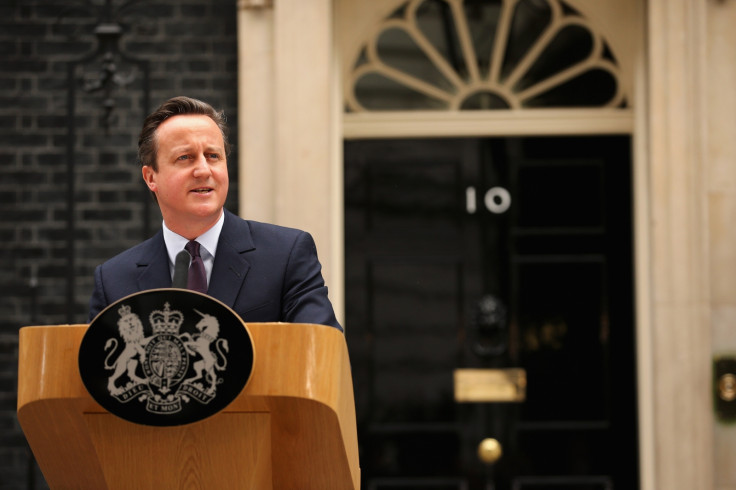William Keegan: Labour not to blame for past economy woe despite Tories spinning the 'Big Lie'
As one of the few commentators who did not make a prediction about the result of the British general election, I have been greatly amused by the torrent of columns – not least in the Sunday Times – proclaiming that, although they got the result hopelessly wrong, the writers knew in their heart of hearts that the opinion polls were wrong and the Conservatives would win.
It was obvious, wasn't it? David Cameron was way ahead of Ed Miliband in the polls and the Tories were also ahead on the issue of "economic competence" – two indicators that had never been misleading in the past.

My reply to these commentators – most of whom are crowing over the result – is that if it was so obvious, why were the bookmakers offering 7/1 against the Tories on the eve of polling day in what was effectively a two-horse race? The answer speaks for itself.
Now, while I did not get where I am today by making forecasts about outcomes that are difficult to predict, I unashamedly wrote in advance that the Conservatives did not deserve to win, and I stand by my story.
First, though, as someone who admires the idea of the One Nation Tory that Cameron claims to be, one must congratulate the prime minister on his victory. Cameron is the ultimate public relations man – someone who looks good and can repeat a "Big Lie" with such plausibility and determination that he can fool a lot of the people a lot of the time.
Cameron could sell snake oil with charm and make a profit. He is a One Nation Tory only in his dreams. He presides over an increasingly divided nation and faces serious trouble on many fronts, not least within his own party over Europe.
But first let us dispense with the Big Lie – the Conservative Party as the party of economic competence, of wealth creation and the inheritor of "Labour's Mess".
Labour not to blame for financial crisis
Labour did not cause the financial meltdown, something that was world wide and began in the US sub-prime market. Until the onset of the financial crisis, public spending and the budget deficit as proportions of gross domestic product were no higher than they were under the previous Tory governments.

But it was a huge propaganda achievement on the part of Cameron and his team to convince large sections of the British electorate that Labour had caused the banking crisis and that, before its onset, public spending was out of control. Everywhere I went I encountered deep public misunderstanding of the true economic background.
As for wealth creation, thanks largely to the misconceived policy of austerity –misconceived economically and socially but evidently not politically – the economic recovery was the slowest recovery from recession ever experienced in the UK. In other words, there was precious little wealth creation.
Moreover, when the financial markets finally wake up to the underlying British economic crisis, which is manifested in a deficit on overseas trade and payments of almost 6%, they will be witnessing the consequences of the neglect of the manufacturing industry that began under Margaret Thatcher and was most certainly continued under Cameron and Chancellor George Osborne.
Although the economy has been recovering in recent years, it is the fact that growth has been so slow over the five-year period that accounts for the obsession with the budget deficit, which would hardly be a concern if growth had not been so inhibited for so long by the austerity policy.
That said, it has to be conceded that Labour was pathetically ineffective in countering the Big Lie.
William Keegan is a journalist, academic, and the senior economics commentator at The Observer. He has published his latest work – Mr Osborne's Economic Experiment - Austerity 1945-51 and 2010 (published by Searching Finance) – which can be purchased on Amazon.
© Copyright IBTimes 2025. All rights reserved.






















